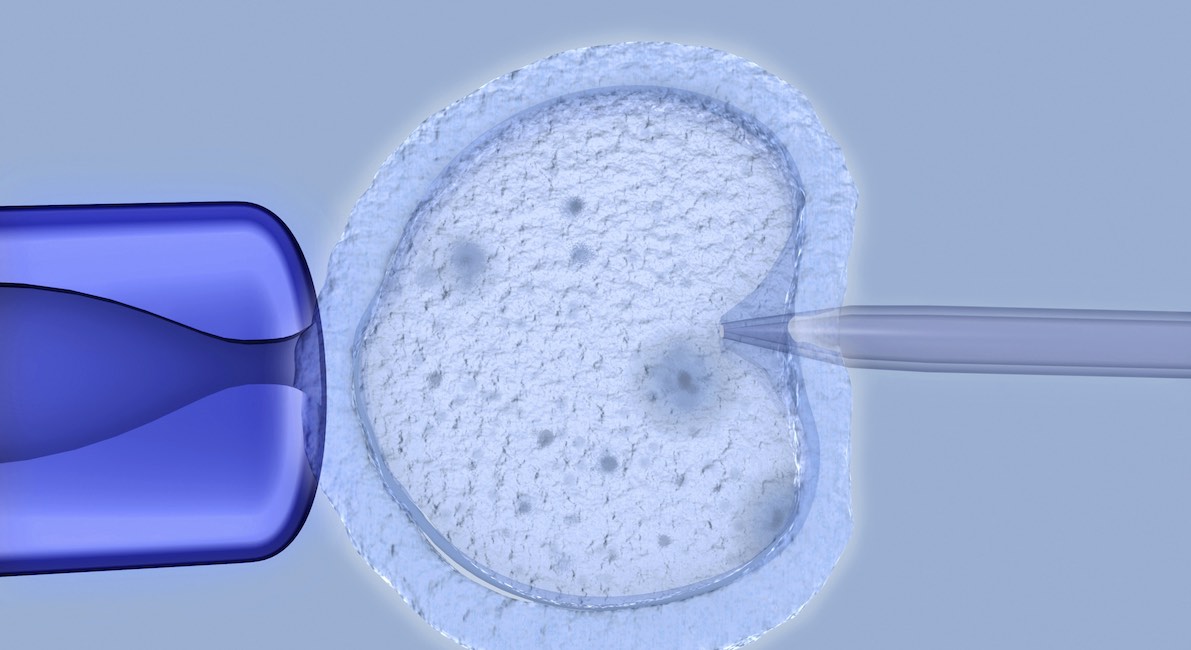The government of Hungary has acquired six private fertility clinics and plans to offer free in-vitro fertilization (IVF) treatments in an attempt to bolster the country’s declining population. The country’s prime minister, Viktor Orban, announced the new initiative last week in an attempt to raise the birth rate, which has been falling for the past 40 years.
Calling the issue a matter of “national strategic importance,” Orban released the state-controlled IVF clinics from competition rules and did away with volume limitations in order to eliminate waiting lists. NPR reports that the prime minister did not offer any specifications about who can receive the free IVF drugs, but noted that in the United States the treatment can cost anywhere from $40,000 to $60,000.
According to the BBC, Hungary currently has an estimated birth rate of 1.48 per woman, which is much too low. President Orban is an outspoken opponent of immigration and instead wants to promote growth from within. “If we want Hungarian children instead of immigrants, and if the Hungarian economy can generate the necessary funding, then the only solution is to spend as much of the funds as possible on supporting families and raising children,” he said.
READ: As declining fertility rates are a growing problem worldwide, Hungary takes an innovative approach
While IVF may seem like a harmless way to help women who might be otherwise unable to conceive, it comes with a host of ethical and practical complications. Through the process of IVF, many embryos are created to increase the chances of successful implantation. After creation and screening, those embryos deemed undesirable because of genetic disorders, disabilities, or even gender, are then discarded. Furthermore, if more than one egg successfully implants, parents often resort to selective abortion in order to obtain the desired number of children.
As we are seeing in the United States, couples are becoming increasingly demanding with the children they are creating. The embryos are viewed as commodities rather than developing children, and if they don’t have certain characteristics or traits they are simply destroyed or abandoned. Once a couple has the number of children they desire, the rest of the frozen embryos are frequently left in a state of limbo. As Live Action News has previously reported, these “leftover children” are becoming a huge problem for both the fertility clinics and the parents who aren’t sure how to proceed.
While Hungary is currently employing some wonderful pro-family initiatives like tax breaks and loan forgiveness for those with children, state-sponsored IVF treatments are not the answer to a declining population. IVF opens the door to a host of problems and embraces the dangerous thinking that children are commodities that can simply be bought, sold, and created just to fulfill a desire.
“Like” Live Action News on Facebook for more pro-life news and commentary!







